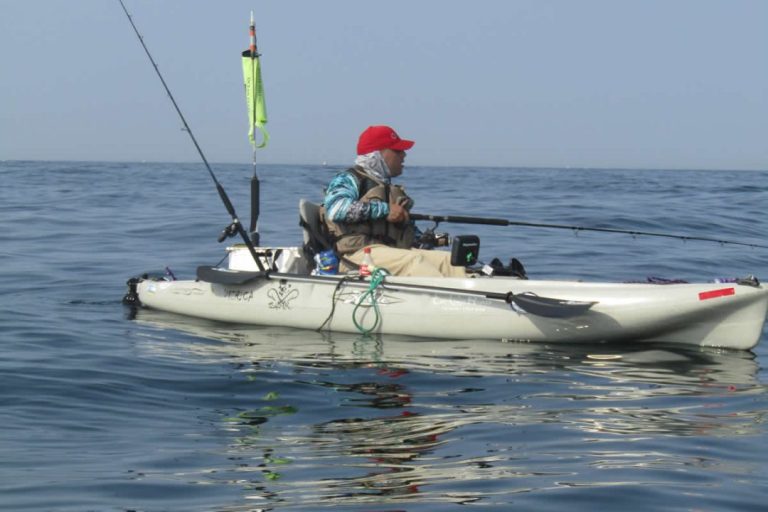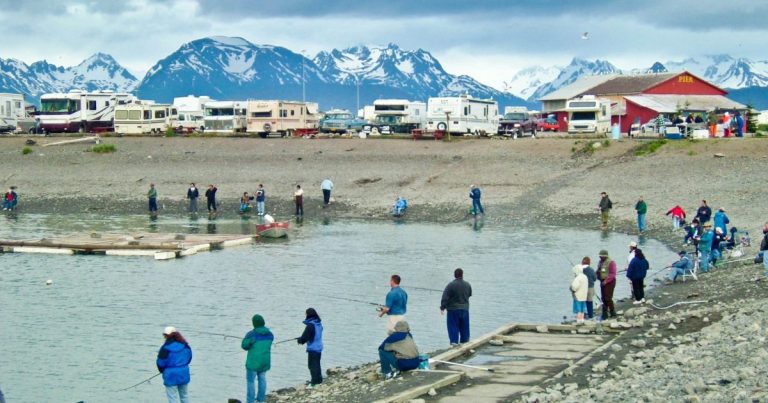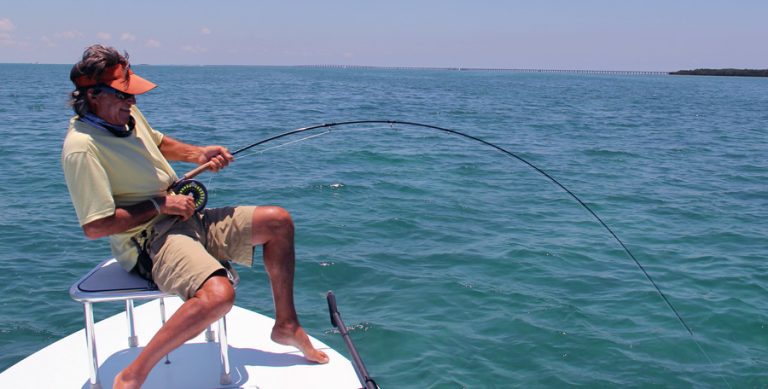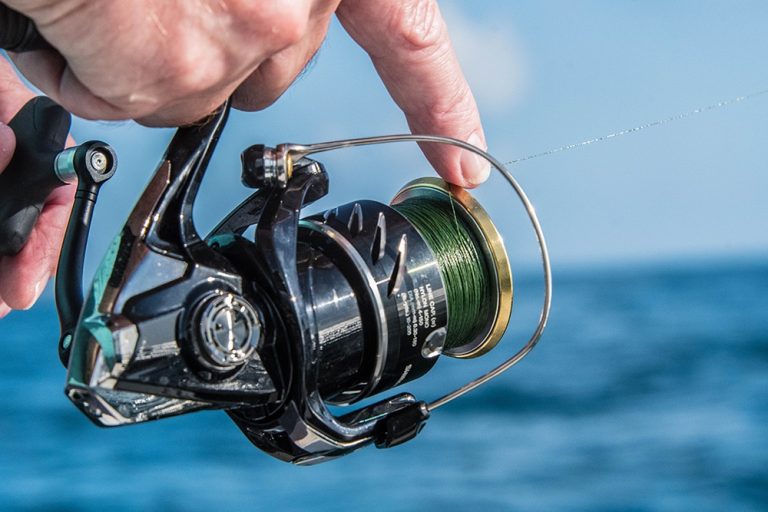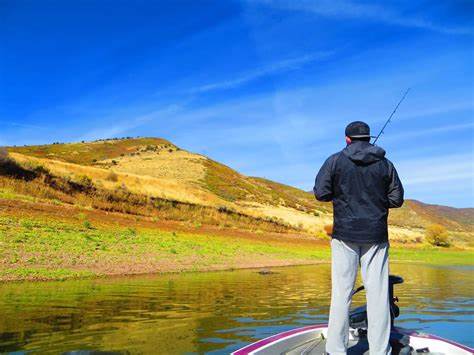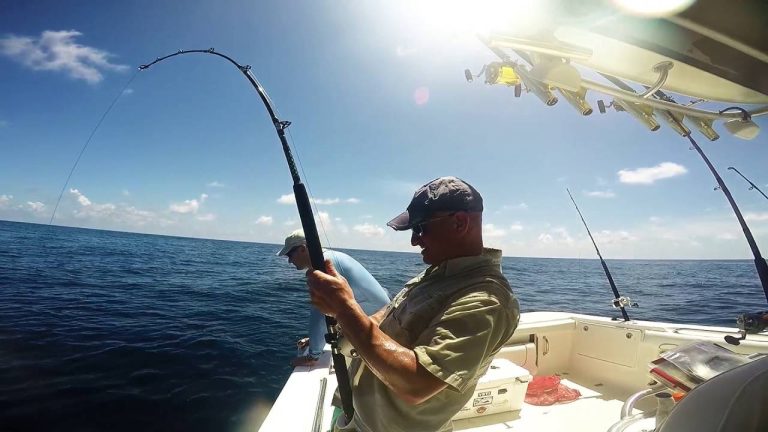Planning to fish across state lines in New England? Understanding the complex web of reciprocal agreements and licensing requirements is essential for legal compliance and maximizing your fishing opportunities. This comprehensive guide breaks down everything you need to know about interstate fishing licenses throughout Connecticut, Maine, Massachusetts, New Hampshire, Rhode Island, and Vermont.
Reciprocal Agreements: The Key to Multi-State Fishing
New England states have established various reciprocal licensing agreements that can save you money and simplify compliance when fishing across state boundaries. These agreements allow anglers to fish in neighboring states’ waters using their home state license—but only under specific conditions.
The most important reciprocal agreements include:
- Rhode Island fishing licenses are reciprocal with Connecticut only for Beach Pond, Killingly Pond, Hazard Pond, and Peck Pond, and with Massachusetts for Wallum Lake
- Connecticut residents holding a valid Marine Waters Fishing License may fish in the marine districts of Maine, Massachusetts, Rhode Island, and New York
- Vermont and New Hampshire share reciprocity for the Connecticut River, including bays, setbacks and tributaries up to the first highway bridge
- Vermont and New York have reciprocal agreements for Lake Champlain with specific boundary restrictions
Understanding these agreements can save you significant money if you frequently fish across state lines. For example, a Rhode Island resident planning to fish at Beach Pond wouldn’t need to purchase an additional Connecticut license.
State-by-State License Requirements and Costs
Massachusetts
The Massachusetts Division of Fisheries and Wildlife (MassWildlife) oversees fishing licenses in the state. License fees for 2025 include:
| License Type | Resident Cost | Non-Resident Cost |
|---|---|---|
| Annual Fishing | $36.50 | $46.50 |
| 3-Day Fishing | $17.50 | $28.10 |
| Saltwater Permit (under 60) | $10.00 | $10.00 |
| Saltwater Permit (60+) | FREE | FREE |
Massachusetts requires a “Wildlands Conservation Stamp” ($5) with the first resident license purchased each year and all non-resident licenses. Seniors over 70, paraplegic individuals, blind persons, and intellectually disabled residents can obtain free licenses.
For complete information, visit the Massachusetts Division of Fisheries and Wildlife
Rhode Island
Rhode Island’s license fees are scheduled to increase on July 1, 2025. Current highlights include:
- Free fishing days: May 3rd and 4th, 2025 (no license required)
- Freshwater licenses reciprocal with CT for specific ponds and with MA for Wallum Lake
- Free special permanent licenses for 100% disabled veterans and residents over 65
Rhode Island’s licenses expire on the last day of February annually. Minors under 15, blind individuals, and landowners fishing on their own property are exempt from license requirements.
For the most current information, visit the Rhode Island Department of Environmental Management
Maine
Maine’s Fish and Wildlife Conservation Office manages fishing licenses with these 2025 rates:
| License Type | Resident Fee | Non-Resident Fee |
|---|---|---|
| Season Fishing | $25 | $64 |
| Combination Fishing/Hunting | $43 | $150 |
| 1-Day Fishing | $11 | $11 |
| 3-Day Fishing | $23 | $23 |
| 7-Day Fishing | N/A | $43 |
| 15-Day Fishing | N/A | $47 |
Maine offers free fishing days on February 15-16, 2025, and May 31-June 1, 2025. Nonresident 15-day fishing licenses can be upgraded to a season license for an additional $17 plus agent fees.
For complete details, visit the Maine Department of Inland Fisheries and Wildlife
Connecticut
Connecticut’s reciprocal agreements are particularly valuable for saltwater anglers:
Marine Waters Reciprocity:
Connecticut residents with a valid CT Marine Waters Fishing License can fish in the marine districts of:
- Maine
- Massachusetts
- Rhode Island
- New York
Connecticut residents must hold a valid Connecticut marine waters fishing license to fish in CT (meaning a CT resident cannot use a Marine Waters Fishing License from another state to fish in CT waters).
For up-to-date information, visit the Connecticut Department of Energy and Environmental Protection
Shared Waters and Special Regulations
Connecticut River
The Connecticut River forms the border between New Hampshire and Vermont, with special reciprocal arrangements:
- All NH resident and VT resident fishing licenses are valid for taking fish from the Connecticut River between the two states
- Coverage includes bays, setbacks, and tributaries up to the first highway bridge crossing
- Nonresidents with a NH nonresident fishing license may only take fish east of the Vermont low water mark while on the Connecticut River
Lake Champlain
Lake Champlain, situated between Vermont and New York, has specific reciprocal agreements:
- Anglers with either NY or VT fishing licenses can fish most of Lake Champlain
- Vermont license holders may fish Lake Champlain west to the NY shore, but cannot fish in South Bay or NY tributaries
- NY license holders may fish specific portions of the Vermont side of Lake Champlain (with detailed boundary descriptions)
Important note: When fishing in Vermont waters, anglers must follow Vermont regulations; when fishing in New York waters, New York regulations apply.
Money-Saving Strategies for Interstate Anglers
Take Advantage of Free Fishing Days
Plan your multi-state trips around free fishing days when possible:
- Rhode Island: May 3-4, 2025
- Maine: February 15-16, 2025, and May 31-June 1, 2025
Consider Short-Term Licenses for Brief Trips
For weekend getaways or short fishing expeditions, consider short-term licenses instead of annual permits:
- Massachusetts: 3-day resident ($17.50) or non-resident ($28.10) options
- Maine: Options from 1-day ($11) to 15-day ($47 for non-residents)
Explore Lifetime License Options
For frequent anglers committed to fishing in a particular state, lifetime licenses can offer significant long-term savings. Maine offers various lifetime license options based on age, with reduced rates for residents 65 and older.
Special Exemptions and Considerations
Age-Based Exemptions
Most New England states offer exemptions or discounted rates for specific age groups:
- Massachusetts: Free fishing for residents 70+ and discounted rates for ages 65-69
- Rhode Island: Free permanent licenses for residents over 65
- Maine: Various age-tiered lifetime license rates
Military and Veterans Benefits
Several states offer special considerations for military personnel and veterans:
- Maine: Serviceman (resident) combination licenses for $3
- Rhode Island: Free special permanent licenses for veterans with 100% disability ratings
FAQ: Common Questions About New England Interstate Fishing
Q: Can I use my Massachusetts fishing license in Rhode Island?
A: No, except when fishing at Wallum Lake, which has a reciprocal agreement.
Q: If I have a Connecticut saltwater fishing license, where else can I fish?
A: You can fish in the marine districts of Maine, Massachusetts, Rhode Island, and New York with a valid CT Marine Waters Fishing License.
Q: Do seniors need fishing licenses in New England states?
A: Requirements vary by state. In Massachusetts, anglers 70+ can fish for free. Rhode Island offers free permanent licenses to residents over 65. Check each state’s specific requirements.
Q: Are there any waters where I can fish with any New England state license?
A: No single water body accepts all New England licenses. However, specific shared waters have reciprocal agreements between bordering states, such as the Connecticut River (NH/VT) and Beach Pond (RI/CT).
Q: When do New England fishing licenses typically expire?
A: License expiration varies by state. Rhode Island licenses expire on the last day of February annually. Massachusetts licenses are valid for the calendar year.
Planning Your Multi-State New England Fishing Trip
When planning a fishing trip across New England states:
- Identify your target waters and determine which state has jurisdiction
- Research specific reciprocal agreements that might apply to those waters
- Check for boundary-specific regulations in shared waters like Lake Champlain
- Verify current season dates and catch limits for your target species
- Consider timing your trip around free fishing days if possible
Remember that fishing regulations change regularly. Before purchasing any license, verify the most current information through official state wildlife agency websites or by contacting their licensing departments directly.
For a complete state-by-state breakdown of fishing license requirements across all 50 states, visit US Fishing Licenses.



